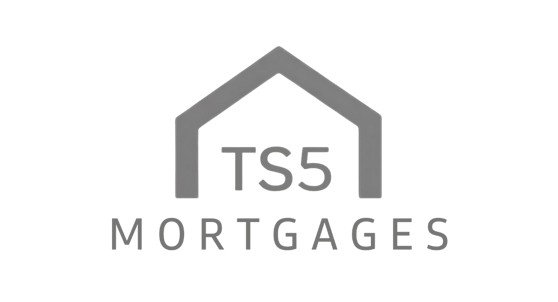How Much Can I Borrow?
What do lenders take into account when deciding how much you can borrow.
7/17/20252 min read


What Lenders Look at Beyond Salary
One of the first questions homebuyers ask is: “How much can I borrow for a mortgage?” Most people assume it all comes down to your salary and while your income plays a big role, lenders look at much more than just how much you earn.
Here’s what really goes into your borrowing power and how you can maximise it.
1. Your Income: It’s More Than Just Your Salary
Lenders typically use income multiples (like 4.5x your salary) to calculate a rough borrowing limit. But they’ll also look at:
Bonuses or commission
Second jobs or freelance work
Rental income
Benefit income (where accepted)
Tip: Provide proof of consistent additional income over time — not just a one-off bonus.
2. Your Outgoings and Existing Debts
It’s not just about how much you make but also how much you spend. Lenders assess your monthly commitments, including:
Credit cards or personal loans
Car finance
Childcare costs
Student loans
Subscription services
This is known as your debt-to-income ratio. The lower it is, the more you can typically borrow.
Tip: Maxed-out credit cards or recent payday loans can severely limit your affordability.
3. Your Credit Score and Financial History
Even with a strong income, a poor credit record can reduce how much you can borrow — or result in higher interest rates.
Lenders will check:
Late or missed payments
Defaults or CCJs
Overdraft usage
Past bankruptcies
Tip: Check your credit report with Experian, Equifax or TransUnion before applying.
4. Length and Type of Employment
Lenders want stability. They’ll consider:
How long you’ve been in your current role
Whether you’re on probation
If you’re self-employed or a contractor
Self-employed applicants often need 2 years of accounts or tax returns, although some lenders accept less with some applicants.
5. The Type of Property You're Buying
Believe it or not, the property itself can affect your borrowing. Lenders may offer lower loan-to-value (LTV) ratios and therefore smaller loans on:
Non-standard construction (e.g., timber frame, high-rise)
New-build flats
Properties above commercial premises
A good broker will match you with lenders who are flexible with property types.
6. Your Deposit Size
The more deposit you have, the less you need to borrow. But it also helps in another way, a bigger deposit may:
Give access to better interest rates
Reduce monthly payments
Improve your overall affordability
Most lenders require at least 5–10%, but if you have 15% or more, your options (and borrowing potential) improve significantly. There are some 0% deposit options but this are limited and certain conditions need to be met.
Final Thought: Affordability Is About the Whole Picture
While your income sets the foundation, lenders use a far more detailed assessment to determine how much you can borrow. By managing debts, understanding your credit, and working with a mortgage broker, you can position yourself to borrow more and get a better deal.
We specialise in helping you understand your options and we work with a wide range of lenders to find the best deal for your situation.
Contact us today to discuss your options.


TS5 Mortgages is a trading style of Craig Gregory. Craig Gregory is an appointed representative of Beneficial Ltd, which is authorised and regulated by the Financial Conduct Authority, FCA number 736655.
Craig Gregory is authorised and regulated by the Financial Conduct Authority, FCA number 1022241.
